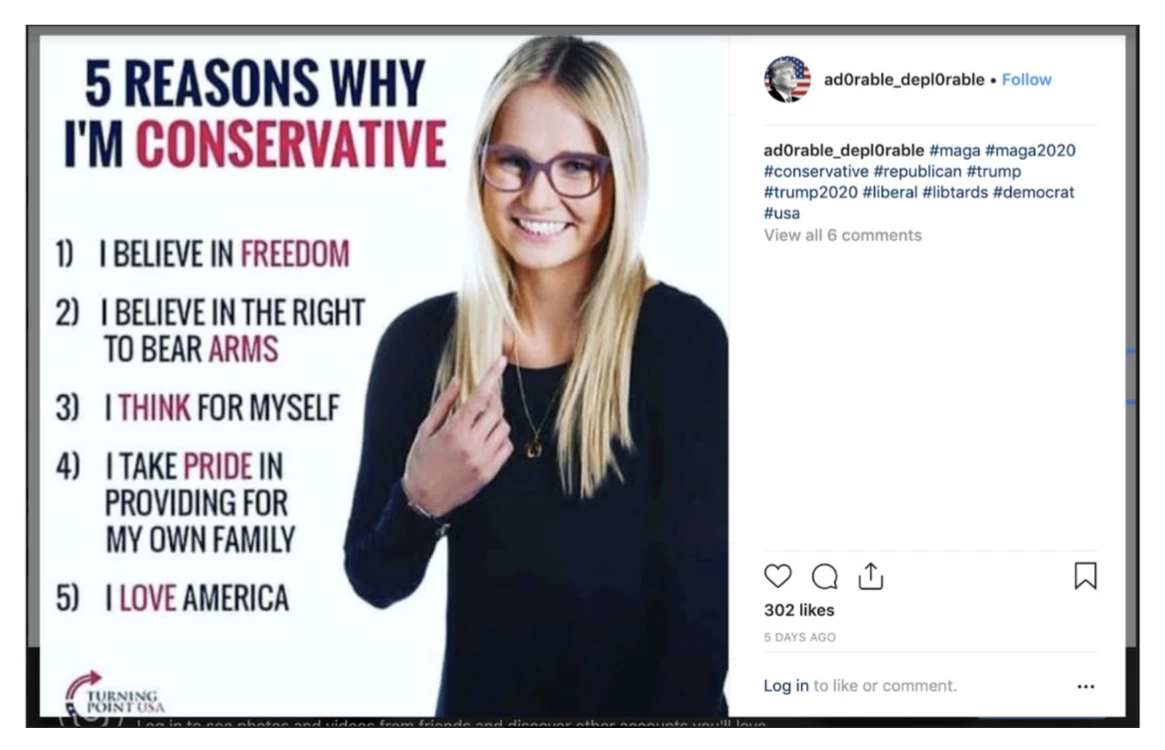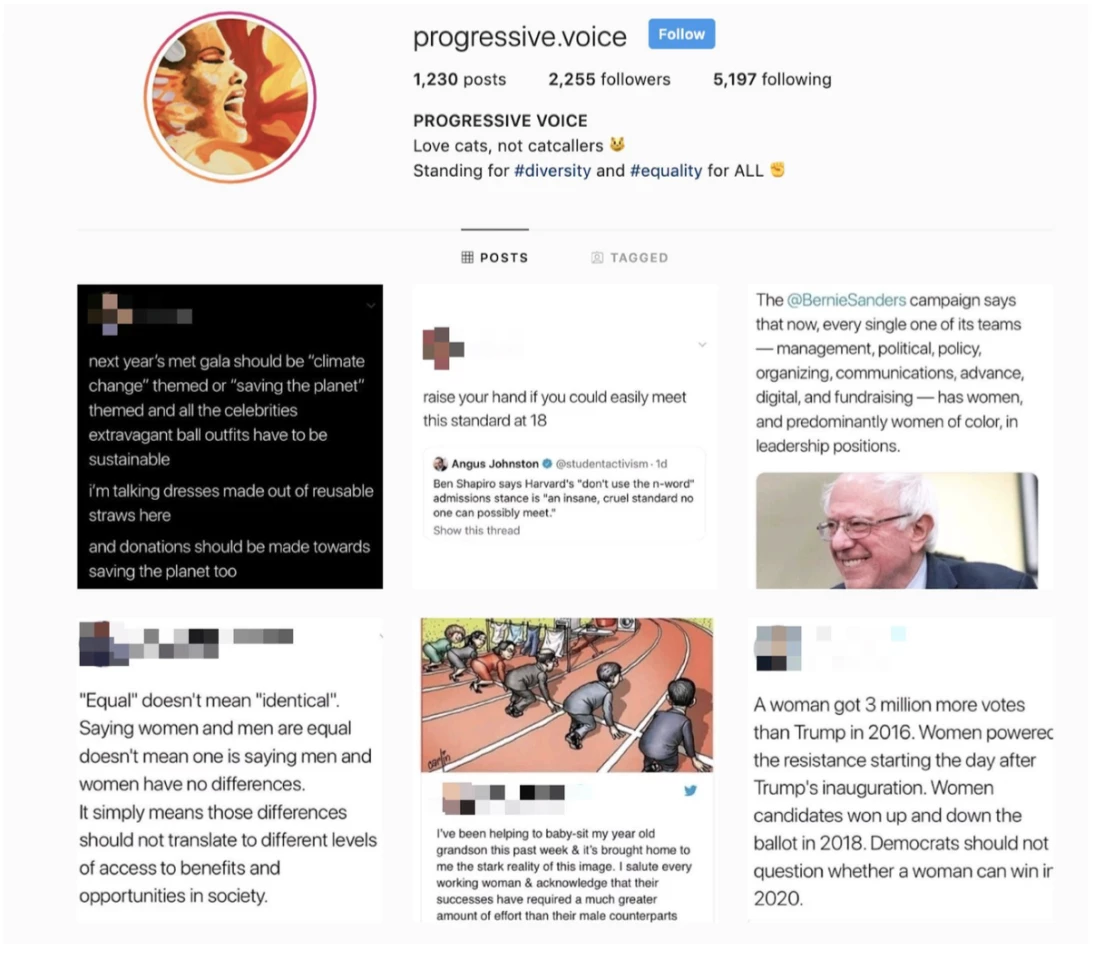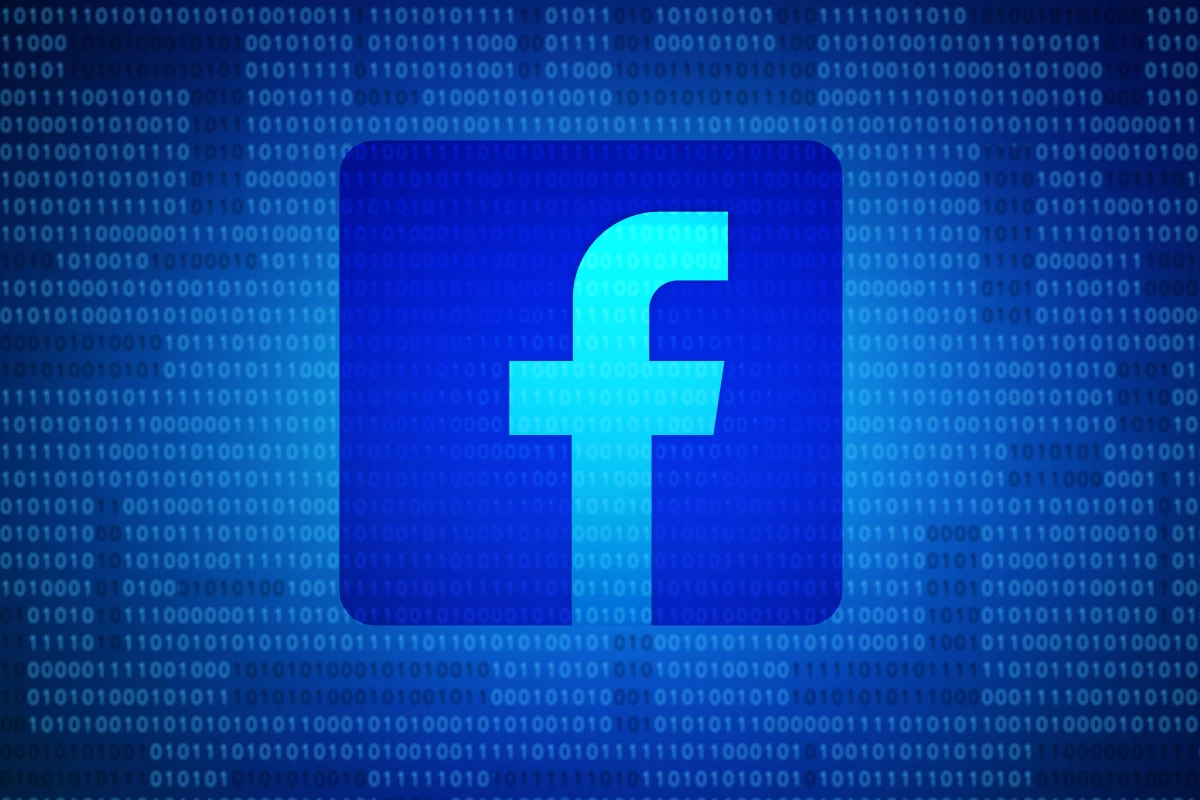Just a few weeks after Microsoft revealed an Iranian-led cyber campaign to compromise the 2020 US election, Facebook has announced the removal of a number of “inauthentic” accounts, Pages and Groups designed to spread misinformation. Simultaneously, Facebook has outlined several new strategies it claims will help “protect the democratic process” ahead of the US 2020 elections.
A detailed post from Facebook’s head of Cybersecurity Policy, Nathaniel Gleicher, describes the discovery and removal of four different networks of accounts, comprising over 100 fake accounts on both Facebook and Instagram. Three of the suspicious networks have been linked to Iran, and one network linked to Russia, with the majority of the deceptive activity aimed at the United States.
Interestingly, the Russian activity was primarily identified as coming out of Instagram, with 50 suspicious accounts targeted for removal. In posting some examples of the content distributed by these inauthentic accounts, Gleicher notes they often span both sides of the political spectrum.
“This campaign showed some links to the Internet Research Agency (IRA) and had the hallmarks of a well-resourced operation that took consistent operational security steps to conceal their identity and location,” writes Gleicher. “We detected this activity as part of our ongoing review of suspected coordinated inauthentic behavior ahead of US elections. We’ve shared information with our industry partners, policy makers and law enforcement and will continue working with others to find and remove this behavior.”

Graphika, a social media analysis company, independently verified Facebook’s investigation, releasing a comprehensive report outlining the suspicious activity. The report describes how these fake accounts echo the content previously deployed in 2016 by Russia’s Internet Research Agency (IRA).
“These accounts, all linked to the same operation, claimed to represent multiple politically active US communities: black activist groups, advocates speaking out against police violence, police supporters, LGBTQ groups, Christian conservatives, Muslims, environmentalists, gun-rights activists, southern Confederates, and supporters of Senator Bernie Sanders and President Donald Trump,” says the Graphika report. “A minority of posts focused directly on the 2020 election. Multiple accounts praised Bernie Sanders or Donald Trump. Accounts from both sides of the political spectrum attacked Joe Biden; some also attacked Kamala Harris and Elizabeth Warren. Almost half the accounts claimed to be based in “swing states,” especially Florida.”

In conjunction with this latest revelation, Facebook has outlined a number of new measures it will implement to help fight against these foreign threats ahead of the 2020 US elections. Facebook suggests it will enhance transparency by clearly identifying the owner of Pages, labelling state-controlled media sources, and offering enhanced security to the accounts of elected officials.
Facebook also claims it will work faster to prevent the viral spread of misinformation by slowing the spread of content flagged as potentially false ahead of a third-party fact checker review. This strategy is influenced by the knowledge that fact-checking takes time, and often misinformation can go viral in the hours and days before the platform can clearly verify the content.

All of these announcements today notably sidestep the recent criticism leveled against Facebook after the platform announced in September it would not expand its fact-checking policies to include content shared by politicians. While the volume of today’s announcements from Facebook certainly suggest significant investment in stopping the flow of misinformation that plagued the 2016 US election, the platform’s broader commitment to free speech means it will not interfere with content distributed by politicians, even when it is shown to be outright false.
"We don’t fact-check political ads," Mark Zuckerberg recently said in a speech. "We don’t do this to help politicians, but because we think people should be able to see for themselves what politicians are saying. And if content is newsworthy, we also won’t take it down even if it would otherwise conflict with many of our standards."
In response to this policy stand from Facebook, US Democrat presidential candidate Elizabeth Warren paid for a political ad with an intentional false claim earlier in October. The sponsored post suggested Mark Zuckerberg has endorsed Donald Trump for re-election.
We intentionally made a Facebook ad with false claims and submitted it to Facebook’s ad platform to see if it’d be approved. It got approved quickly and the ad is now running on Facebook. Take a look: pic.twitter.com/7NQyThWHgO
— Elizabeth Warren (@ewarren) October 12, 2019





